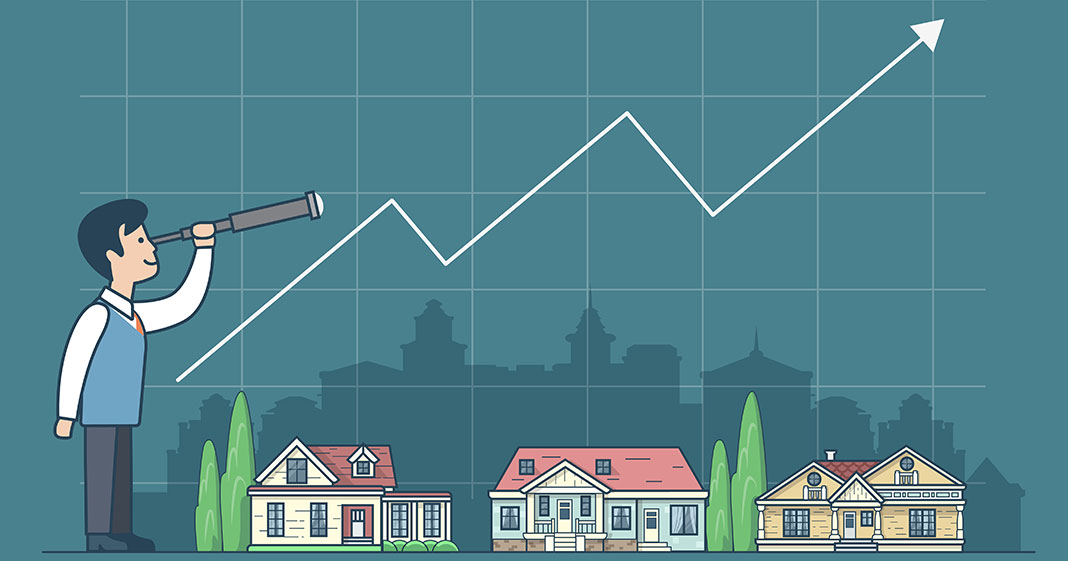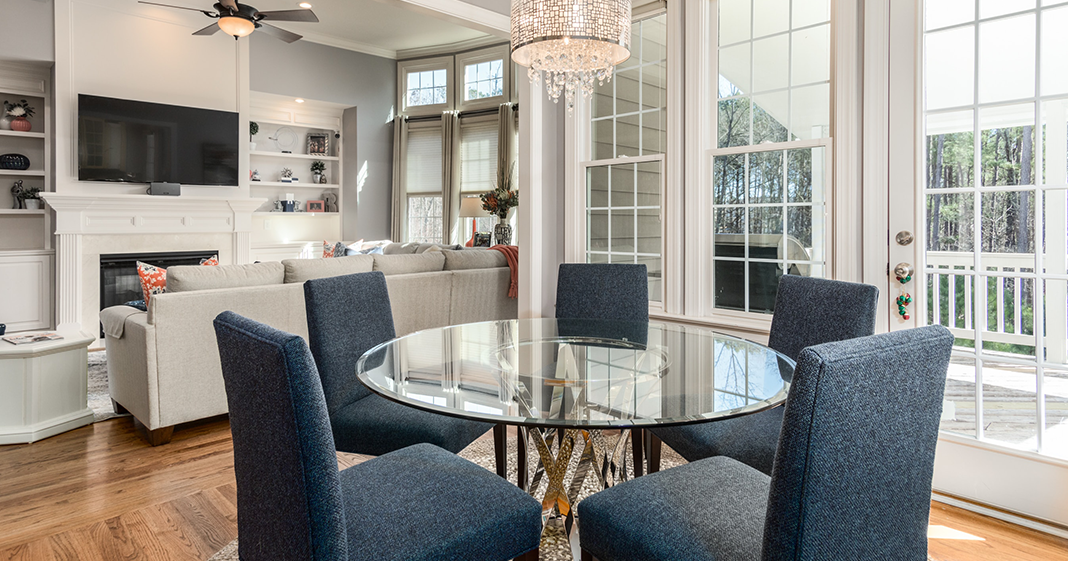8 Psychological Trap in Home Buying and How to Avoid Them
Buying a house is a very exciting journey, which is filled with comfortable rooms and future memories. Under this excitement, you do not see the lie psychological trap that affects your future comfortable life. In this article, we discuss the 8 psychological traps of buying a house and give you the best way to avoid these things.
Introduction
A. The Thrill and Challenges of Home Buying
Buying a house is an important milestone in your life, which shows your financial stability and personal achievement. However, there are a number of difficulties with the process that could lead to emotional exhaustion.
B. The Importance of Awareness
It is essential to recognize psychological trap to make wise decisions. Understanding these psychological trap may help buyers to proceed with confidence and clarity.
1. The Dream Home Illusion
A. Unreasonable Expectations
It’s simple to get carried away while imagining the ideal house. Having unreasonable expectations can cause frustration and impair judgment.
B. Managing Expectations
In order to provide a more realistic and satisfying house-buying experience, strategies including recognizing your own goals and monitoring market trends may help regulate expectations.
2. Emotional Attachment to Properties
A. First Impressions and Emotional Bonds
An emotional attachment that compromises judgment and affects decision-making might result from falling in love with a property at first sight.
B. Balancing Emotions with Reality
Acknowledging the emotional attraction and tempering it with realistic factors offers a more objective evaluation of possible residences.
3. Fear of Missing Out (FOMO)
A. Market Trends and Peer Pressure
The fear of losing out can be caused by external factors such as peer pressure and market trends, which can lead to rash judgments.
B. Recognizing FOMO
Identifying signs of FOMO in the home buying process is the first step toward making decisions bease on individual need rather than external pressures.
4. Anchoring Bias in Pricing
A.Initial Price Perceptions
Negotiation strategies and ultimate real estate costs can be significantly affected by anchoring bias and intolerance by earlier pricing awareness.
B. Overcoming Anchoring Bias
Market research and talking with real estate experts there are two diplomacy which are used for negotiation and anchoring bias.
5. Overlooking Red Flags
A. The Importance of Inspection
For the lift of curtain from the potential problems of buying the property excitement you need to inspect the property first.
B. Mitigating Risks
During the inspection, you actively addressed the red flags which reduced the risk and made a secure investment for your new house.
6. Sunk Cost Fallacy
A. Understanding Sunk Costs
A cost that has already happened and cannot be recovered in the future is know as a sunk cost. Sunk costs things like your rent, and the money you spent on new equipment.
B. Avoiding sunk cost traps
This typical psychological dangerous can be avoided by realizing when a change in strategy is necessary and having the guts to take a different approach.
7. Peer Pressure and External Opinions
A. Balancing advice with preferences
It’s normal to ask friends and family, but you must evaluate such suggestions against your own.
B. Setting Boundaries
Make clear boundaries and impressive talk which can help buyers avoid the peer pressure of making the decision.
8. The Negotiation Game
A. Challenges in Negotiation
It’s difficult to negotiate the best house price, and fear and anxiety are common throughout at the stage of the process.
B. Strategies for Effective Negotiation
During the talk, you need to complete research, determination of priorities, and continue the peace that should make your deal successful.









Leave a Reply